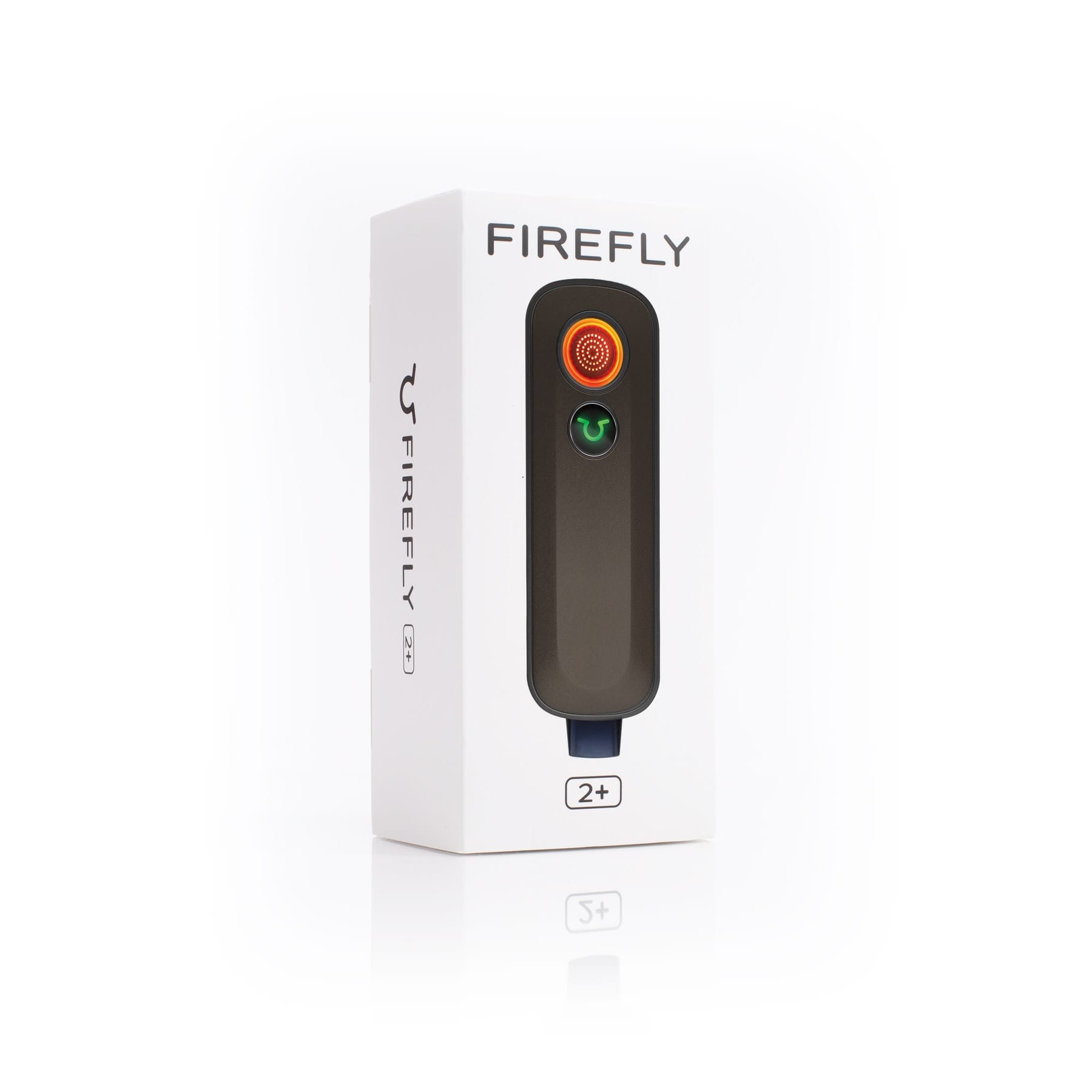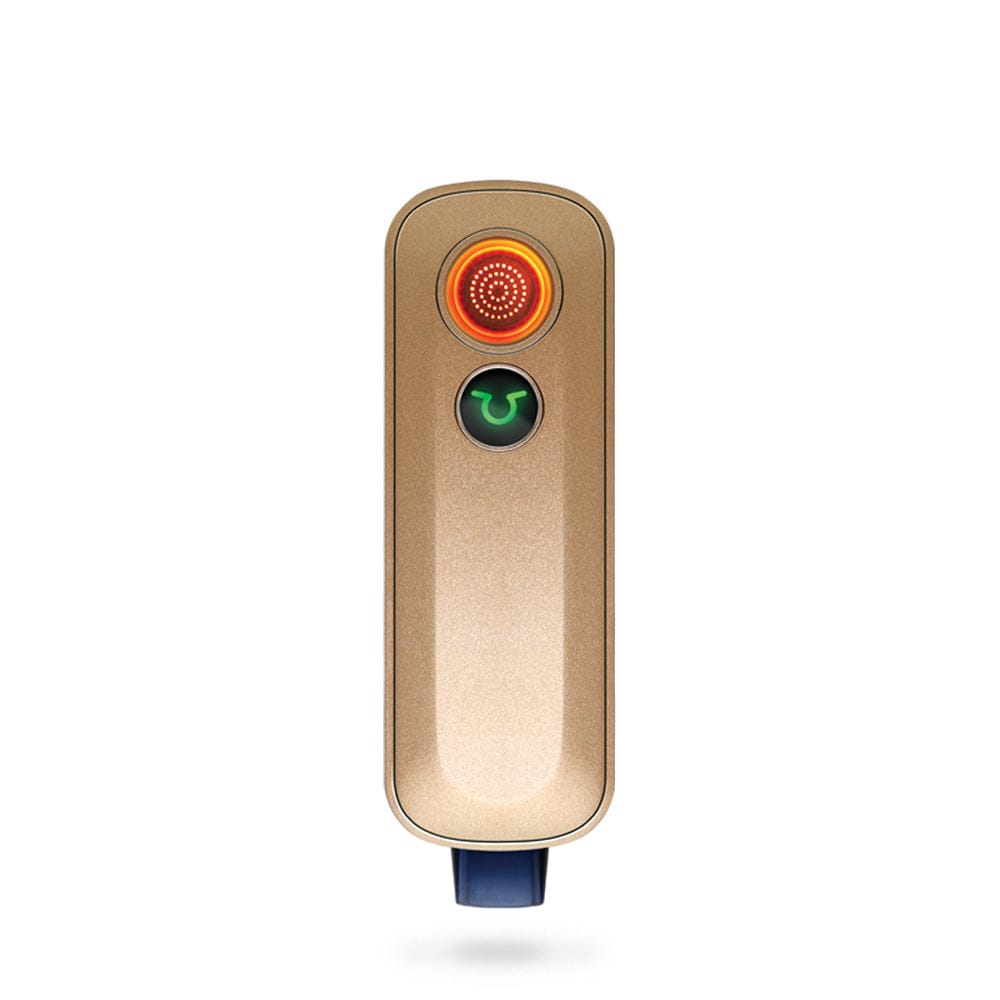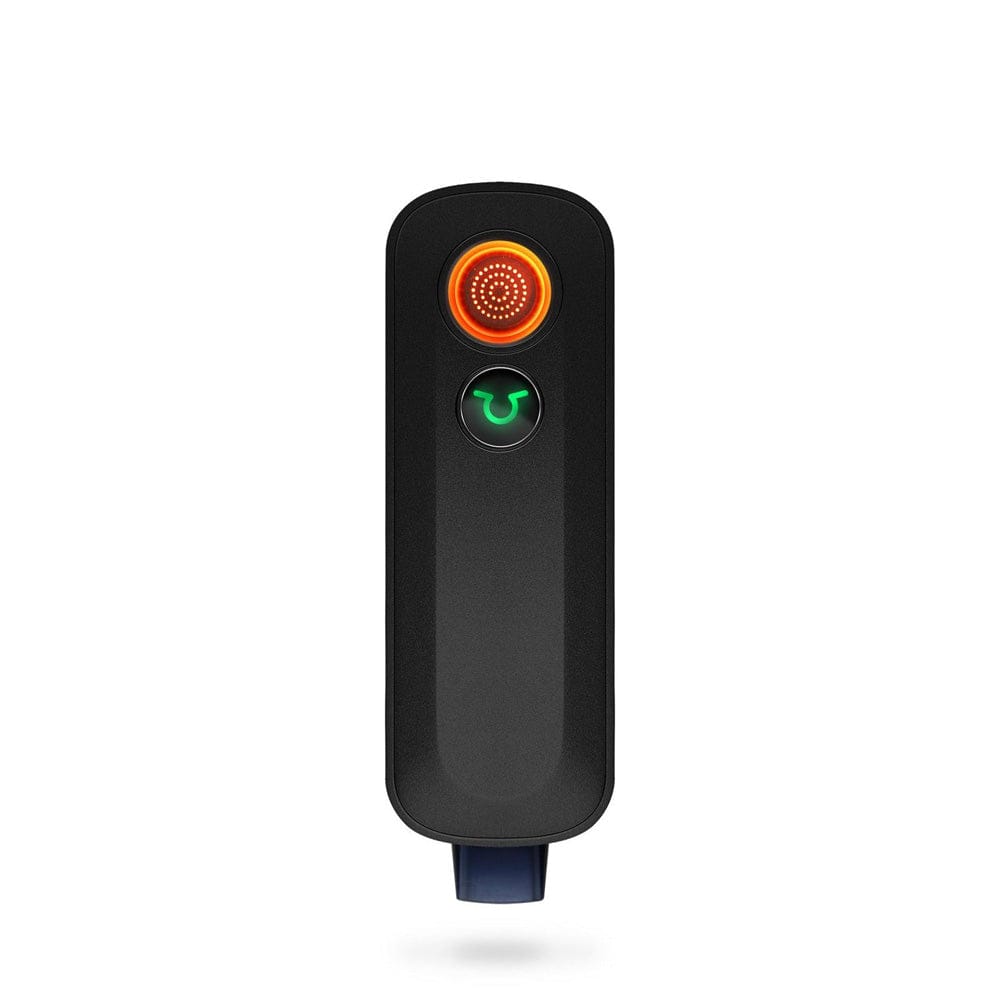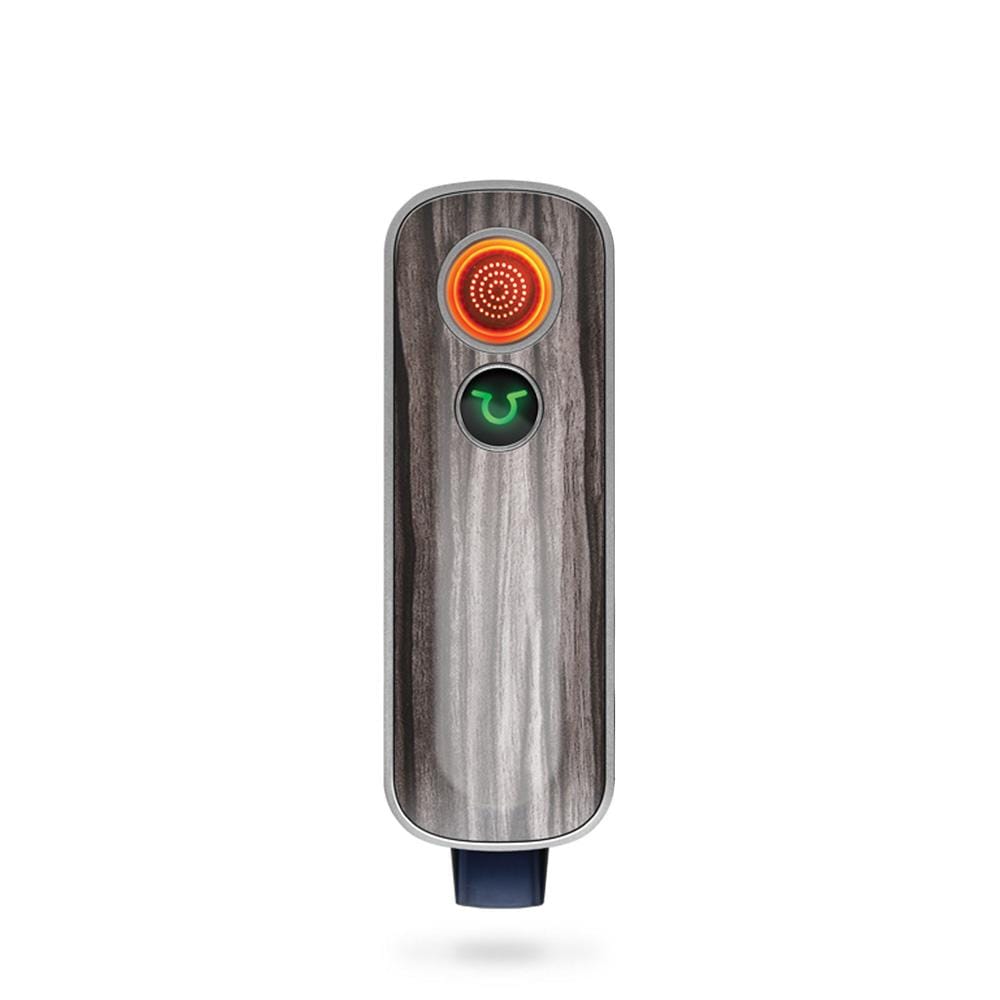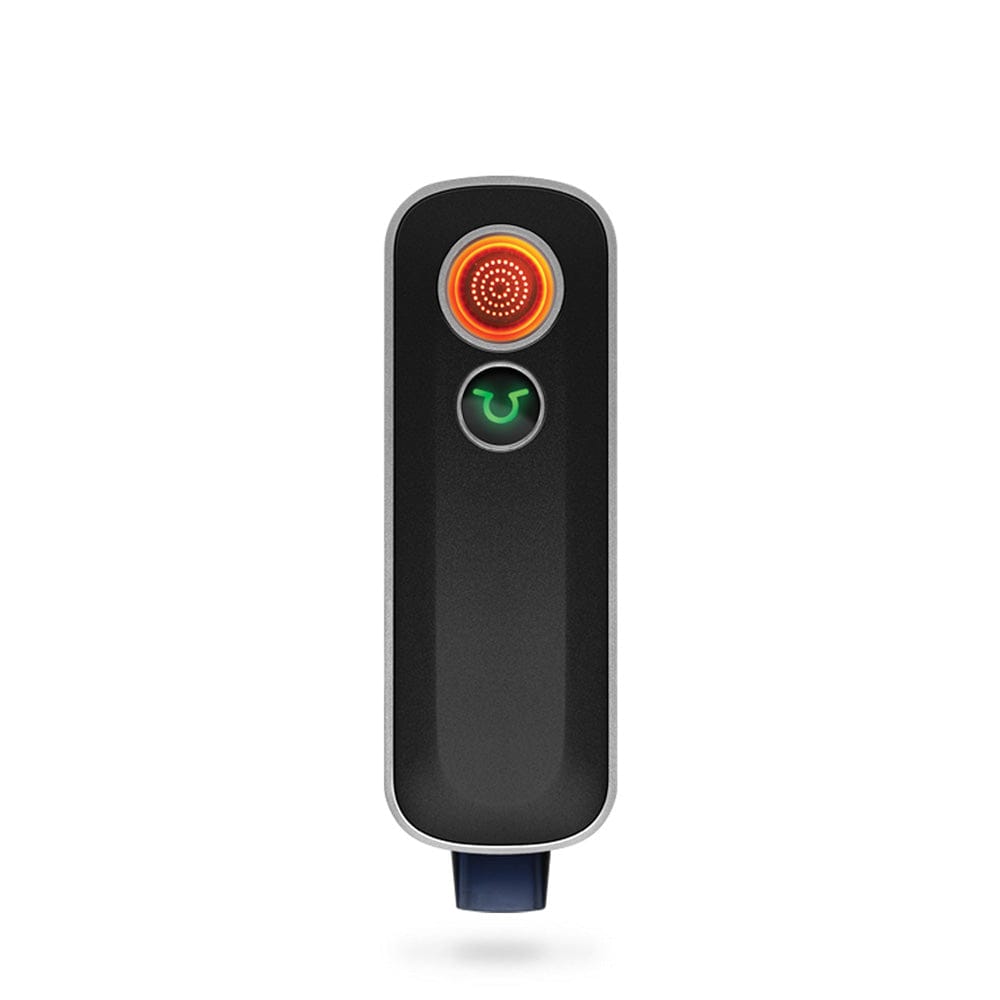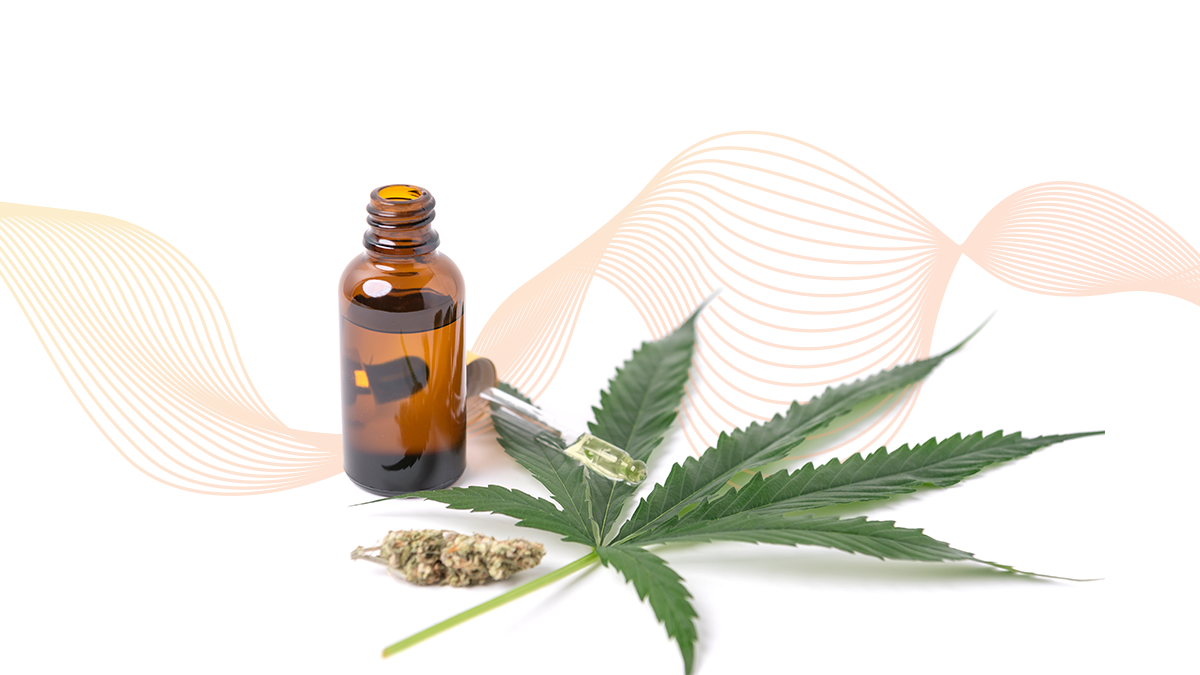Intro
As popular as vaping is, there are bound to be all kinds of weird myths surrounding the practice. You may be surprised to find that many of the facts you think you know about vaping are half-truths at best or complete fabrications at worst. One of the most common myths we're asked about is whether vaping makes you gain weight.
There are a lot of different reasons this myth persists, and this article is going to get to the bottom of them. We’ll explore a few common myths about vaping, whether or not vaping makes you gain weight, and why some of these beliefs exist in the first place.
The Myths
Vape juices come in a wide variety of flavors, and it's not uncommon to find sweet, candy-oriented juices. Some have thought that, because these flavors mimic candy, that vaping them might cause weight gain.
Vaping Is Calorie-Free
Fortunately, you have no need to worry about ingesting calories through vaping, regardless of the flavor. While most vape juices have "calories" listed, you don't absorb any of the calories when vaping. You'd need to actually swallow and ingest the juice to produce a caloric intake (which we absolutely do not recommend).
Even if you could ingest the calories from vape juice, it wouldn't be enough to gain weight. A bottle of vape juice may have 4 calories per mL, which is negligible. For reference, an entire cup of grapes has about 62 calories. You'd have to be vaping through several bottles of day, several times of the week, for the caloric content to impact your weight.
Why Do Vape Juice Bottles Have Calories Listed?
The nutrition facts that list calories on a bottle of vape juice reflect the calories of the ingredients listed. Technically, all objects have calories since calories are just a measure of the "energy" in a given object. Gasoline has a high caloric count, but that doesn't mean you want to eat it!
The main components in vape juice (like vegetable glycerin and propylene glycol) have calories, too. However, those aren't calories you need to be concerned with since the only way to make use of them is to actually swallow the juice.
So, Does Vaping Make You Fat?
There is currently no evidence to suggest that vaping can cause any kind of weight gain, regardless of the brand, flavor, or recipe you vape. As we mentioned earlier, you can't ingest the negligible number of calories that are present in vape juice anyway (because you're breathing it in, not eating it).
Vaping Dry Herb
There is nothing in e-liquids or vape juice that will make you gain weight when you vape. While dry herbs are completely different substances, there are no dry herbs you can vape that will make you gain weight, either. However, there are some side effects of certain dry herbs that could cause you to gain weight. Namely, the munchies!

If you vape marijuana, you're going to inhale a dose of THC, which is the compound responsible for creating marijuana's traditional ‘high’. THC accomplishes this by interacting with cannabinoid receptors in your brain. These receptors affect the strength of your appetite, which is why vaping marijuana is associated with increased appetite.
Since a THC-induced appetite isn't necessarily fixed by eating, you could end up eating a lot. If you vape weed on a regular basis (and consistently succumb to the munchies), you definitely could gain weight. Be sure to keep that in mind if you regularly vape.
Vaping Concentrates
Vaping concentrates is the same story as vaping dry herb. You should just be a little more cautious when vaping THC concentrates since the concentration of THC is far greater than what is found in loose-leaf marijuana. Much like dry herb and vape juices, there is nothing in concentrates that will cause weight gain by vaping.
Why You Could Gain Weight After Quitting Vaping
If you are transitioning away from vaping e-liquids infused with nicotine, it's not uncommon to notice some weight gain. While this may cause alarm, there's nothing to be concerned about. The common reason people gain weight when they move away from vaping is because they are no longer regularly consuming nicotine.
Nicotine is the addictive substance found in tobacco and many kinds of vape juices. It is also a stimulant, and research shows that stimulants can suppress your appetite. So, when you stop using a stimulant (like nicotine), you may notice a rebound in your appetite, which means you will want to eat more. More eating means it's more likely for you to gain weight.
Overall Metabolism Decrease
Aside from having a renewed appetite, you may experience weight gain after you stop vaping because your overall metabolism slows. Research shows that nicotine can increase the calories you burn while asleep up to 7-15%. This means, even if you effectively control your caloric intake, it's possible to gain weight because your body is burning through calories more slowly.
One Craving for Another
As you work your way through the withdrawals of nicotine, you may experience the urge to "replace" nicotine with something else that stimulates your brain. For many, that replacement can be rich, calorically dense foods (especially foods high in sugar). If you replace vaping with eating high-calorie foods, you definitely could experience some unexpected weight gain.
Food Tastes Better
When you stop vaping (depending on how much you were vaping and what flavor), you may find that you can smell and taste better. When you find that foods have a suddenly richer, more vibrant taste, the temptation to overeat may be present, which would contribute to weight gain.
Weight Gain Is Possible, but Not Guaranteed
Of course, quitting vaping doesn't mean you will gain weight. For the vast majority of the population, the only way to gain weight is to consume more calories than you burn. While an increased appetite and a slower metabolism make it more likely to gain weight when you stop, eating nutrient-rich foods and exercising can help you maintain your current weight levels.
Vaping and Weight Loss
Since nicotine is an appetite suppressant, many look to vaping as a way to control their weight. There definitely is research that suggests that vaping can contribute to weight loss, but vaping nicotine e-juices should only be part of your overall weight-loss strategy.

Regardless of how you're vaping nicotine, it can come with unpleasant side effects when you try to stop. The side effects include irritability, headaches, and even anxiety and depression. These symptoms only last up to a few weeks, and if you can manage to get past the worst of them, the withdrawal symptoms quickly begin to fade.
Vaping as Part of Your Weight Loss Strategy
While you should keep the side effects of nicotine withdrawal in mind, there's new research that suggests vaping can be an effective tool in your weight loss. Even with the drawbacks of nicotine, the advantages of avoiding obesity may outweigh the cons.
This could be true even for those that are not moving from tobacco to vaping since that study suggested the sweet, candy flavors may help reduce cravings for the real, sugary thing.
Additional Research to Back Up These Claims
There's more research to suggest that nicotine may be an unexpected partner in mitigating weight loss. In an animal study involving mice, nicotine use reduced insulin resistance in obese rats, which helped to lower their overall glucose levels. This can help reduce your cravings for sugar, which can help you control your weight more effectively.
These newer studies regarding nicotine are promising since there's already a mountain of literature about the concerns of chronic, long-term use of nicotine. For those that have struggled with weight loss, nicotine might be a short-term solution in jump-starting your weight loss journey.
Always Consult Your Primary Care Physician
As with any new health regimen, you should always consult with your primary care physician before introducing something new into a weight-loss regimen. This is especially true if you have pre-existing conditions that nicotine may make worse.
For example, nicotine may increase your chances of developing Type 2 diabetes. If your doctor thinks you're already at a high risk of developing Type 2 diabetes, they may dissuade you from using nicotine as a method to lose weight.
While newer research suggests that nicotine might be a helpful weight loss tool, you should always make the decision to begin using it under the consultation of your doctor. This not only includes the use of nicotine but any significant diet change (like intermittent fasting) or the introduction of intense exercise.
Removing Weight Gain Fears
Making sure to maintain a healthy body weight is important. After all, the health risks of obesity are very serious. However, you can rest assured that vaping e-liquids will not contribute to unexpected weight gain. Here's a quick summary of why you don't need to be concerned:
- Vaping does not ingest calories (even with sweet, candy flavors).
- Currently, there is no research to suggest that any ingredient in common e-liquids would cause weight gain.
- While stopping nicotine use can cause short-term weight gain, it's not a guarantee.
- Focusing on eating nutrient-dense foods and getting regular exercise have a far greater impact on your weight than any kind of vaping or nicotine use.
While the risks of nicotine use should be considered, weight gain is not a problem you need to be concerned with when considering vaping.
Conclusion
Vaping causing weight gain is a myth that has been debunked for quite some time. Also, keep in mind that you can enjoy vaping without using nicotine at all. There are many e-liquids that are sold without nicotine, which allows users to enjoy making giant clouds of delicious tasting vapor.


